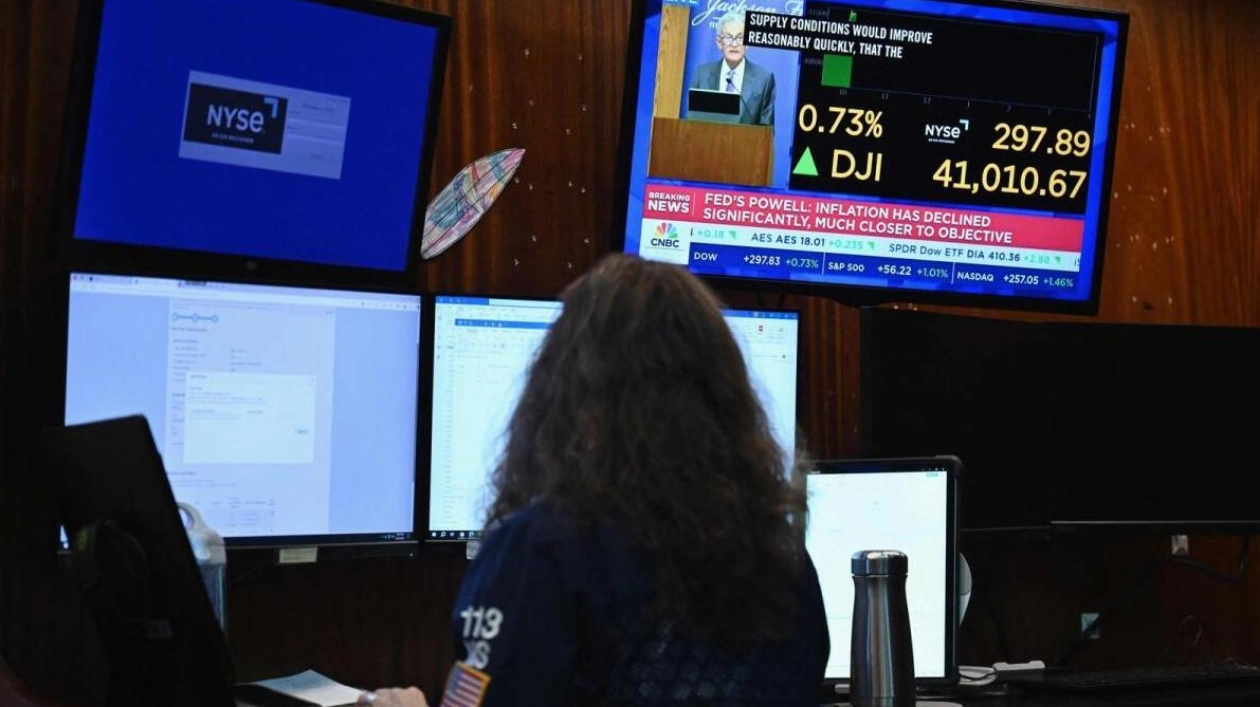This week, US stocks face a crucial test with earnings from chipmaking titan Nvidia, whose phenomenal performance has driven markets throughout 2024. The S&P 500 has recovered from a steep decline triggered by US economic concerns at the start of the month, and is once again close to a new all-time high. Nvidia, recognized as the gold standard in artificial intelligence chips, has led this rally, surging over 30 percent from its recent lows. The stock has risen approximately 150 percent year-to-date, contributing to nearly a quarter of the S&P 500’s 17 percent year-to-date increase.
Nvidia’s earnings report on August 28, along with its guidance on future corporate investments in AI, could significantly influence market sentiment, especially as we enter a historically volatile period. Historically, the S&P 500 has declined an average of 0.78 percent in September since World War Two, according to CFRA data. “Nvidia is the zeitgeist stock today,” commented Mike Smith, a portfolio manager at Allspring Global Investments, which includes Nvidia’s shares in its portfolios. “You can think of their earnings four times a year as the Super Bowl.”
Anticipation is high among investors, with traders expecting a potential 10.3 percent swing in Nvidia’s shares following the earnings report, according to ORATS data. This is greater than the usual movement seen ahead of Nvidia’s reports over the past three years. The upcoming results are particularly significant after a recent earnings season where investors have been critical of tech giants like Microsoft, Tesla, and Alphabet, whose shares have fallen since their July reports.
Nvidia’s stock has skyrocketed about 750 percent since the beginning of 2023, making it the world’s third-most valuable company as of Thursday, and drawing comparisons to the dotcom bubble. Trading at about 37 times forward 12-month earnings estimates, market sentiment will heavily rely on Nvidia’s guidance as much as its results. Matt Stucky, chief portfolio manager at Northwestern Mutual Wealth Management, noted that evidence of robust demand would indicate continued corporate investment in AI, despite potential economic slowdowns.
The impact of monetary policy and the US economy on investor sentiment is also significant. Federal Reserve Chair Jerome Powell’s recent endorsement of interest rate cuts in his Jackson Hole speech highlighted the importance of the job market. Investors will scrutinize US labor market data on September 6 to assess the employment trends following last month’s unexpected downturn. Additionally, the upcoming tight presidential race between Vice President Kamala Harris and former President Donald Trump could add to market uncertainty.
Despite the potential positive impact of Nvidia’s earnings on Wall Street, the S&P 500’s current trading at 21 times expected earnings, well above its long-term average, suggests high expectations and potential challenges for further market advances, according to John Belton, a portfolio manager at Gabelli Funds.






